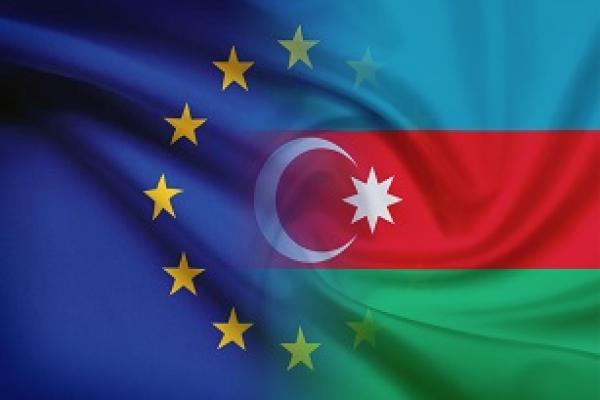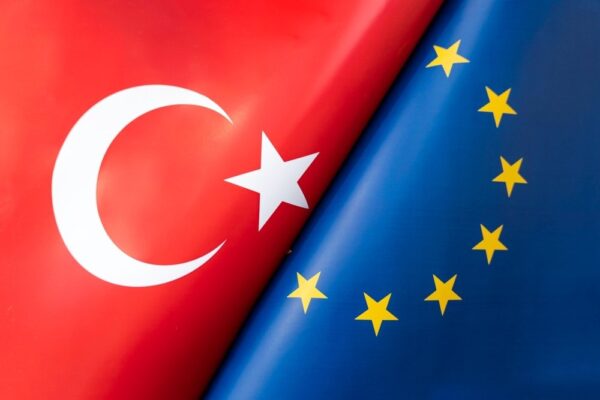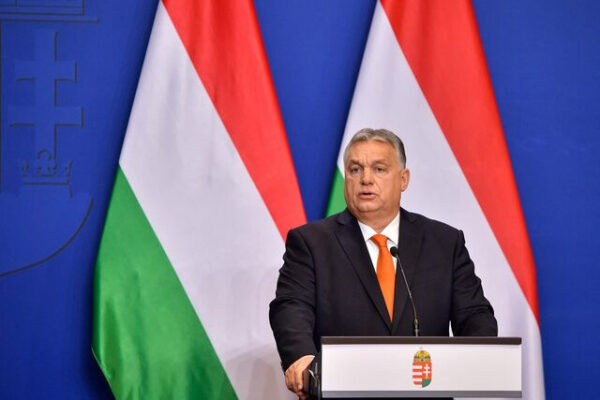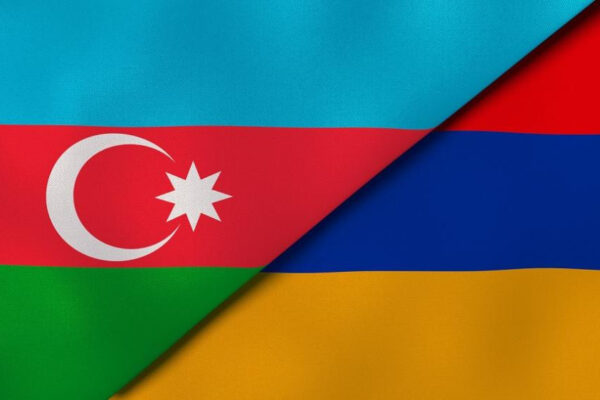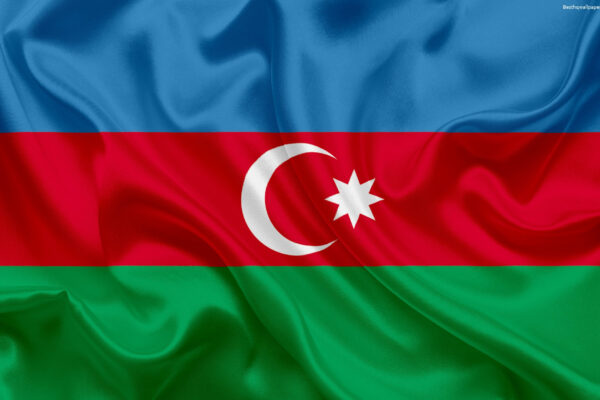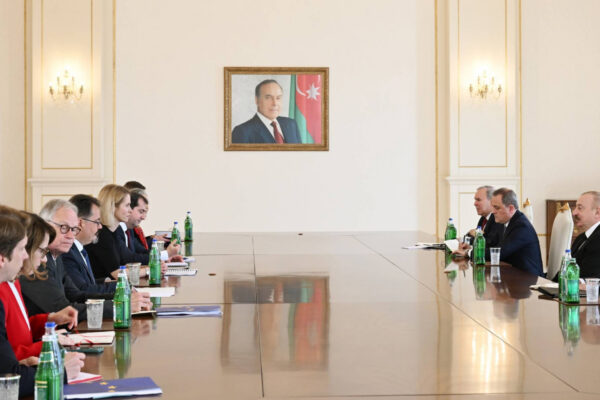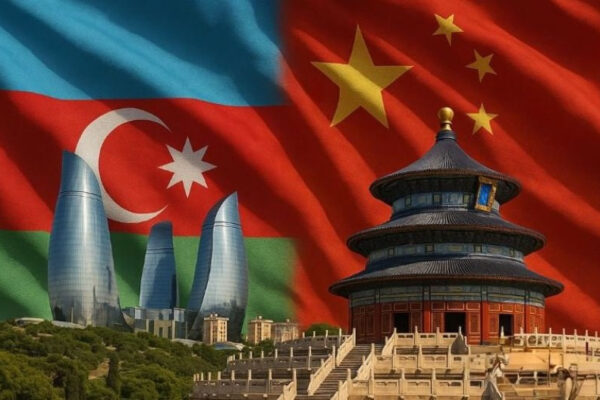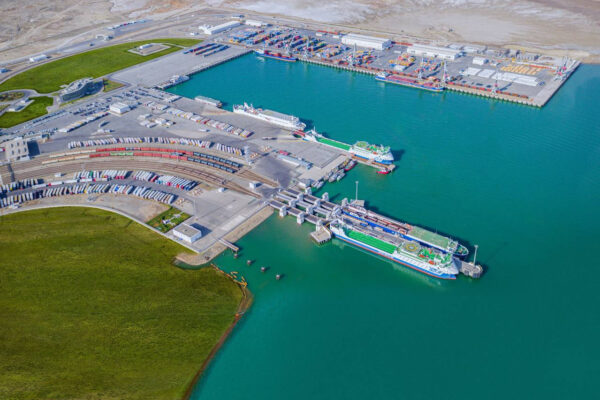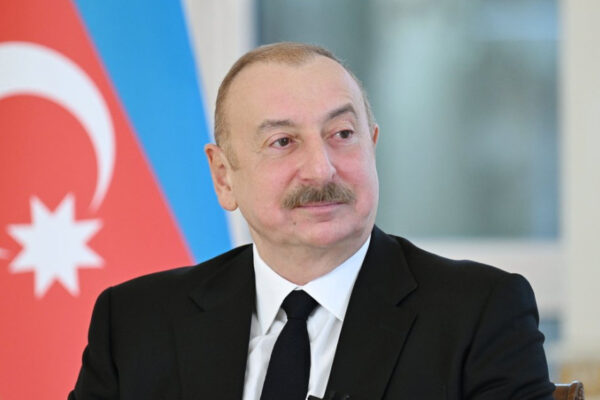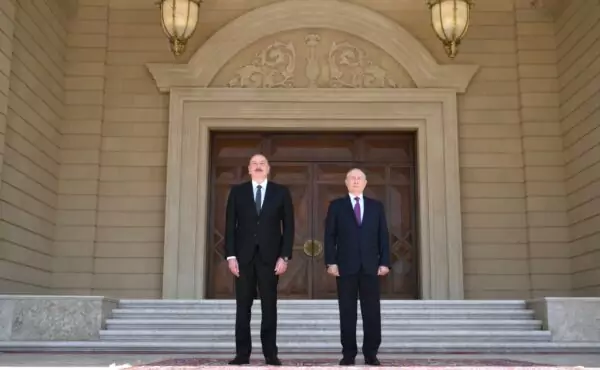
Azerbaijan-Russia Relations Remain Stuck in Airplane Crash Crisis
Executive Summary: On May 7, Azerbaijan announced that Azerbaijani President Ilham Aliyev would not attend Moscow’s May 9 Victory Day parade commemorating the 80th anniversary of the Soviet Union’s victory over Nazi Germany. Azerbaijani media attributed the visit cancellation to a series of negative developments in Russia-Azerbaijan relations since an Azerbaijani airplane crash in December…

